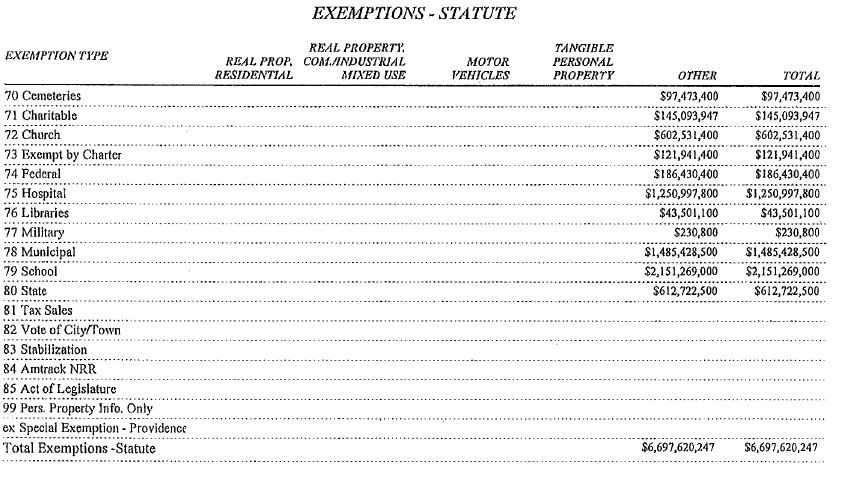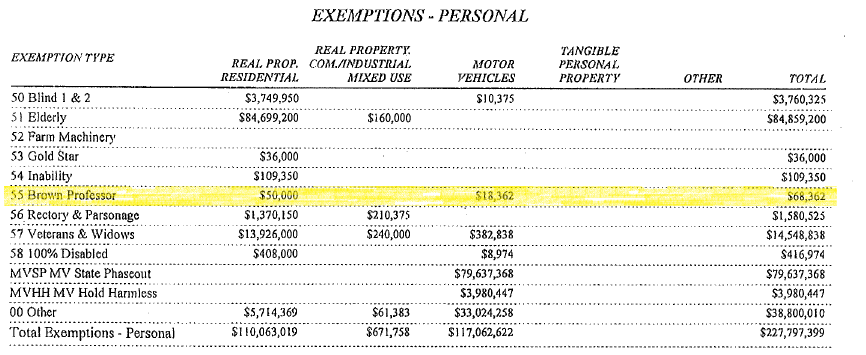 I attended a fascinating conference last week in DC, the 20th anniversary celebration of the National Information Technology Research and Development program (NITRD), a 15-agency cooperative mission launched in 1992 to coordinate federal R&D around information technology. Funded as a consequence of the 1991 High-Performance Computing Act (a/k/a the “Gore Bill”), this was the funding that created the backbones of the internet, and persuaded the admins of ARPAnet and NSFnet and the other smaller networks to join in creating the single internet that we know today.
I attended a fascinating conference last week in DC, the 20th anniversary celebration of the National Information Technology Research and Development program (NITRD), a 15-agency cooperative mission launched in 1992 to coordinate federal R&D around information technology. Funded as a consequence of the 1991 High-Performance Computing Act (a/k/a the “Gore Bill”), this was the funding that created the backbones of the internet, and persuaded the admins of ARPAnet and NSFnet and the other smaller networks to join in creating the single internet that we know today.
There were a bunch of interesting points passed along by the various speakers, too many to cover, but here are some highlights:
- From Tom Lange, the director of Modeling and Simulation R&D at Proctor and Gamble, we learned about the challenges of creating computer models of the flow and absorption of non-newtonian fluids on a porous substrate, and why that’s important to the design of Pampers. P&G apparently funds research at Los Alamos and Argonne national labs, among others.
- From Sebastian Thrun, a scientist at Stanford and Google, we saw videos of automated cars negotiating Lombard Street in San Francisco and one-and-a-half-lane mountain roads with oncoming trucks. He says that in 250,000 miles logged on California roads, they have had only one accident, when the car was rear-ended as it stopped at a red light.
- From Kevin Knight, a researcher at USC, we heard about the limits of machine translation and how statistical language analysis can make increasingly good translations of text from one language to another even if it still can’t tell you what the text was about.
These were all fun, but there were two big points made that have to be passed along, too. One is the phenomenal return we’ve seen on government investment in this science (and many others, but the conference wasn’t about them). Samuel Morse’s development of the telegraph was supported by government funding, and so was virtually every aspect of the internet, computers, mobile devices, and communication technologies that have changed all of our lives over the past 20 years.
We take the internet for granted, but there is no sensible reason to do so. The people who made the decisions to make it possible were not corporate buccaneers or rich investors. The necessary investments to make it possible were too risky and too large for the private sector to take on. So the government did. They managed to find private partners to manage important parts of the result, but to imagine it would have happened without government is to live in a fantasy world. Fortunately, your government hadn’t yet been so defanged in 1991 that it couldn’t envision something ambitious (and equally fortunately, George Bush Sr. was persuaded to support it). One speaker said, after accounting for the economic impact of NITRD, “not bad for a bunch of faceless government bureaucrats,” and everyone laughed.
There’s a train station opening up near my house soon. Driving by it recently, I thought about how much I am looking forward to its opening and how seldom I get a chance to express some pride in the workings of our government. The people who imagine that government can do no good have had the upper hand in our politics for the past 30 years. Even when Democrats hold office, discussions of what government can do is dominated by the limitations in resources imposed by the starvation resulting from decades of tax cuts to rich people. Our ambition to use government to improve our lives has been squeezed out of public discussion. But here it is in 2012, you are reading this text electronically. While you thank one of those faceless government bureaucrats for that improvement in your life, you might also wonder what equally astonishing innovations have been squeezed out of your future by the fashionable austerity that rules our days in 2012.
What’s the other important point to make? Vint Cerf and Bob Kahn were at the conference, too. Together, they invented TCP/IP, the communication protocol that makes all this internetworking possible, and not a few other communication innovations along the way. Cerf introduced Al Gore, who gave the keynote address after lunch, and pointed out three or four different ways the internet might not have happened at all without intervention, support, and initiative from the geeky Congressman and then Senator from Tennessee. Aside from the Gore Bill itself, Cerf recounted a hearing in 1986 about the national supercomputing centers, then a half-dozen or so universities and research institutions around the country with supercomputing facilities. At the hearing Senator Gore asked, “Would it be a good idea to link the supercomputing facilities with a fiber-optic network?” According to Cerf, the question took everyone by surprise, but it resulted in a three-day meeting in California six months later where they decided the answer was “yes.” So that’s the other point: the next time you hear an Al Gore joke about the internet, know that you’re listening to someone who was taken in by press malfeasance in 2000.
How did that joke really happen? It sounds ridiculous, but this is how: Gore made a completely accurate claim in an interview with Wolf Blitzer on CNN and a few days later, Michelle Mittelstadt of the Associated Press restated it for him, exaggerating his meaning. The restatement was restated again by Lou Dobbs on CNN, with some flourishes stolen from a press release by Jim Nicholson, the Republican National Committee chair. That was repeated and further embroidered by the press many zillion times, sometimes mindlessly and sometimes maliciously, and the result was that Al Gore lost that election — the imagination reels — and I have a joke that can make you click on this post. Isn’t history fascinating?




